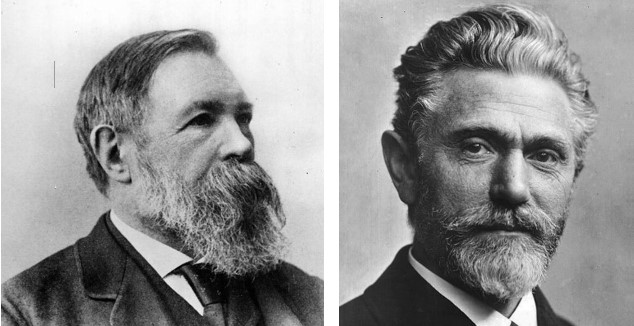Sun 26 Jul 2020, 08:48 AM | Posted by editor
LETTER from Mark Langabeer, Newton Abbot Labour Party member.
Portillo’s Empire Journey is a series broadcast by Channel 5. Michael Portillo, one time darling of the Tory Party who lost his seat in Labour’s Landslide win in 1997, sets out to explain why an island off mainland Europe became the largest Empire in recorded history. By the turn of the 20th century, the British Empire covered 25% of the world’s landmass. Portillo admits that the Empire was built on violence and subjugating the indigenous peoples of the world. For a few, fortunes were made from slavery and the super-exploitation of largely black and Asian peoples throughout the world.
The colonisation of South Africa was one example of this, and the effects are still present to this day. Poverty at home was a driving force for migration to territories abroad. The supposed divine right to colonise was based upon the idea of racial superiority and the discovery of diamonds, gold and other natural resources led to a scramble by the imperialist powers for control of Africa. This led to wars with the indigenous peoples and in the case of South Africa, also with the earlier, Dutch, settlers, the Boers. Portillo notes that it was a handful of millionaires who profited and ruled as a result of the conquest of South Africa and one of the main beneficiaries was the arch-imperialist, Sir Cecil Rhodes. Before its independence and being renamed Zimbabwe, that west African state was even called Rhodesia.
The South African war against the Boers, who were mainly farmers, began in 1899. The British Army, although better armed, found it difficult to defeat the Boers, who waged a guerrilla war against the British forces. So much so that the head of the British armed forces, Lord Kitchener, decided to combat the Boers with a ‘scorched earth’ policy of burning crops and villages, placing whole families into concentration camps. Eventually, around 100,000 Boers and Africans, with women and children, were forced into camps in appalling conditions. As a result of disease and malnutrition 43,000 died.
Portillo related the story of Mahatma Gandhi in South Africa, who as a young barrister of Indian descent was denied first class rail travel and ordered to travel third class. One legacy of British rule in South Africa was Apartheid, which according to a South African historian, still effectively remains, although now based on differences in wealth and income. South Africa today is among the most unequal nations of the world with half of its people living in poverty.
In recent times, there has been a debate about the fact that many of those who grew rich from the slave trade and the subjugation of colonised peoples were later honoured with statues, including the likes of Rhodes and Kitchener. In my opinion, it is entirely justified that these should be taken down because of what they represented. The argument advanced by the Tories and their supporters is that these statues are just part of ‘history’ but I don’t recall any complaints when statues of Lenin were removed after the fall of Stalinism in the former Soviet Union. Then there was wall to wall coverage of Iraqis taking down a statue of Saddam Hussein. I don’t recall any demand that the stature should remain because it’s a part of history, for better or for worse.
The right-wing press were particularly agitated by the defacing of Winston Churchill’s statue. He is often described as Britain’s greatest ever leader, but he was an imperialist who believed in racist supremacy and who initially welcomed the rise of fascism because he saw it as a bulwark against Bolshevism. It was the willingness of millions (of all nationalities) to fight that brought a victory over fascism and the Nazis and they are the people who should be honoured.


